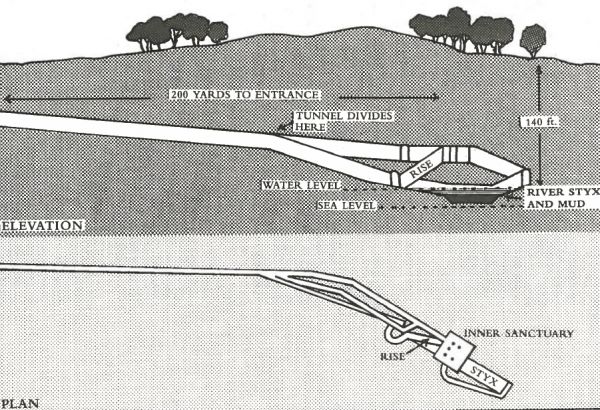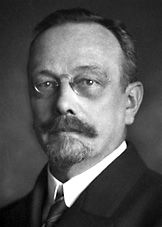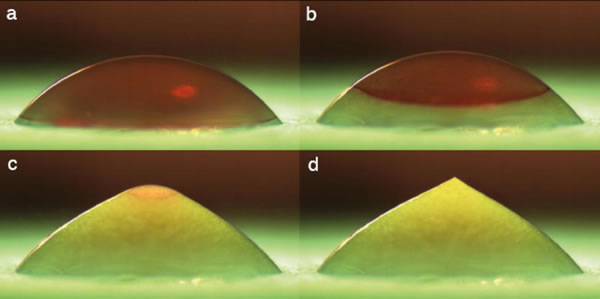
Ain't that the truth!
Some of our readers today have been in:
Vienna, Austria
Salatiga, Malaysia
Cape Town, South Africa
San Juan, Puerto Rico
Moscow, Russia
Leeds, England
Petaling Jaya, Malaysia
Montevideo, Uruguay
Wroclaw, Poland
Johannesburg, South Africa
Klang, Malaysia
Brussels, Belgium
Bangkok, Thailand
Tbilisi, Georgia
Bandar Seri Begawan, Brunei
Segamat, Malaysia
Mercin, Turkey
Baguio, Philippines
Surabaya, Indonesia
Riyadh, Saudi Arabia
Kota Kinabalu, Malaysia
Novosibirsk, Russia
Asuncion, Paraguay
Tawau, Malaysia
Belgrade, Serbia
London, England
Muscat, Oman
Shah Alam, Malaysia
Hanoi, Vietnam
Angeles City, Philippines



 You
can argue all night about who deserved and didn't deserve the Nobel
Peace Prize for just about any year. But if you restrict the debate to
science prizes, you'll find research that turned out to do more harm
than good, experiments and conclusions that were just plain wrong, and
scientists who turned out to be bad news all around. Take the case of
Johannes Andreas Grib Fibiger, who won the 1926 Nobel Prize for
Physiology or Medicine.
You
can argue all night about who deserved and didn't deserve the Nobel
Peace Prize for just about any year. But if you restrict the debate to
science prizes, you'll find research that turned out to do more harm
than good, experiments and conclusions that were just plain wrong, and
scientists who turned out to be bad news all around. Take the case of
Johannes Andreas Grib Fibiger, who won the 1926 Nobel Prize for
Physiology or Medicine.




